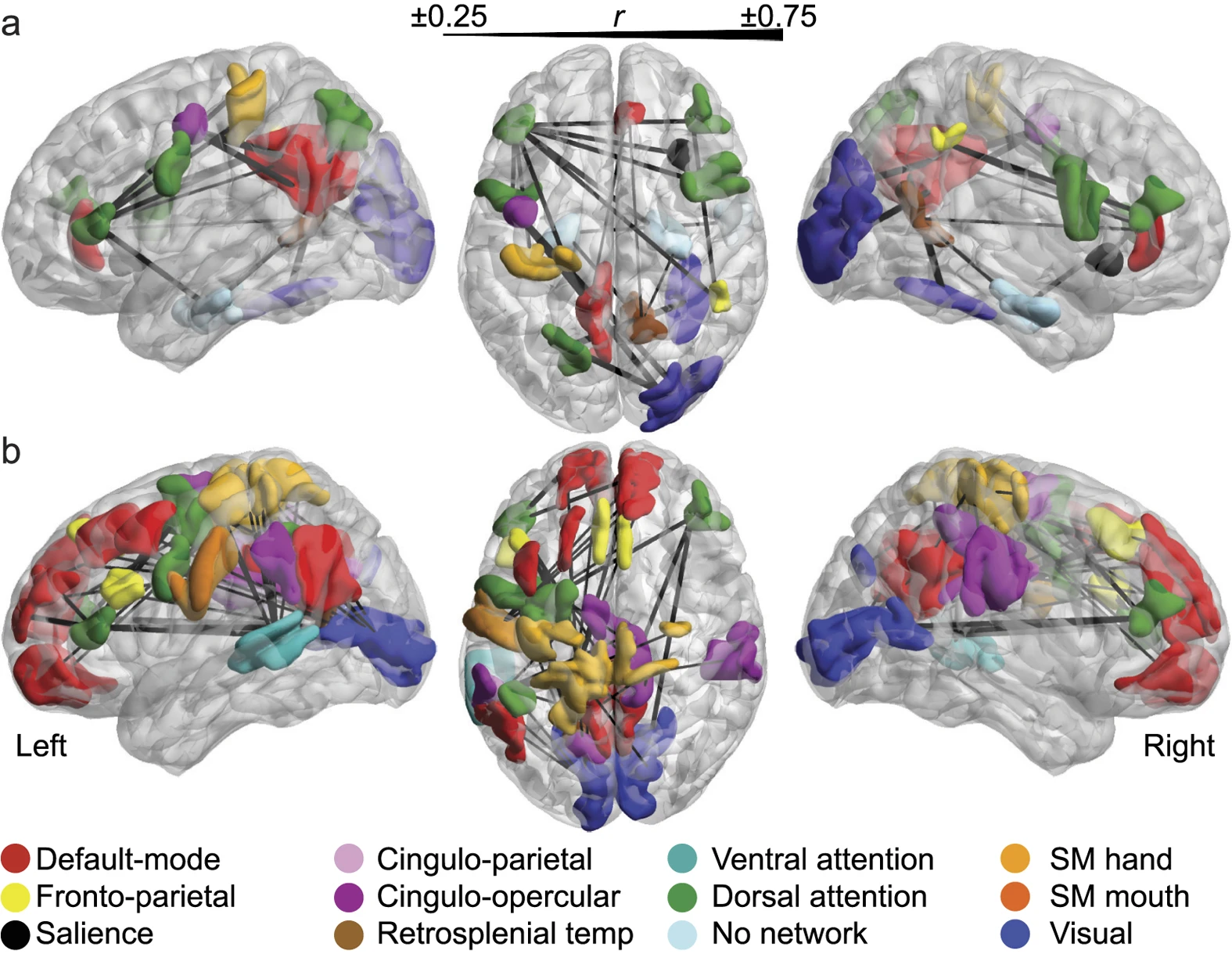
SCIENCE COOKIES
Science articles with chocolate chips
The intelligence in the brain
Published: 22/2/2021
Author: Paulina Vargas
Intelligence is one of the abstract concepts that throughout human existence has been debated by various generations of scientists, philosophers and psychologists. Intelligence has been questioned above all, if it is a single intelligence which can be quantified, or if it is several individual intelligences, such as emotional, spatial, linguistic, logical-mathematical intelligence, among many others that have been defended by various experts on the subject. Whether they are one or more intelligences, and there are many definitions that have been given to it, most coincide with taking intelligence as a capacity to adapt to the environment, to be able to reason, plan and learn, to give it meaning and solve the problems of the environment.
Where does intelligence reside?
The origin of intelligence is something even more complex, and for which a concrete answer has not yet been found in this regard. A large number of neurological studies have tried to find what areas and what factors of the brain are those that determine intelligence in a person, but the results obtained have been varied. The results have been obtained that intelligence is correlated with the volume of gray matter in the different areas of the brain, which is due to the integrity of the white matter, which varies depending on sex, being related to the parietal and frontal regions in men and with the frontal lobe in women, which varies with age because the proportions of the brain are not the same in all stages of life, which is due to the efficiency of the distributed cortical areas, among many other relationships with the various parts of the brain; However, and although each of the results is related to the study sample of each investigation, they do not imply generalized concrete results, since they have low correlation coefficients between 0.15 and 0.35.
The only thing that has been concluded with the large number of results, is that intelligence cannot be attributed to a single brain region, but on the contrary, it encompasses a whole network of brain regions distributed by higher-order cortices, also called frontal parietal network, which covers most of the previously mentioned areas.

And likewise, human intelligence cannot be explained solely by its brain structure and by the activation areas that can be observed in an MRI. Because although the human being has an intelligence that stands out compared to other animals, its brain structure is not so different from that of other mammals; the size and number of neurons in the human brain do not represent an evolutionary relevance to which our intelligence can be attributed; as there are species with larger brains and with more neurons than humans.
Then, if intelligence is not due to the large-scale anatomy of the brain, then its most fundamental units and the connections they have should be analyzed, referring to the synapse, that is, the relationship between neurons for the transfer of the brain. information.
It is not the quantity but the efficiency
When it comes to intelligence, less is more. It is not about the number of neurons, but how they work. It has been proven that, unlike what is usually imagined, it is not whoever uses the brain more, but who uses it less, making reference to the energy required to carry out a cognitive process and the time it takes.
Something proven is that intelligence is related to the efficiency with which the brain works, that is, it can be explained in simple terms such as the relationship between energy consumed and work produced. Therefore, smarter people tend to use less energy for their synaptic process, making them able to use their energy more efficiently.
And this efficiency is also related to the presence of thinner and scarcer neuronal connections, that is, those with fewer dendrites and lower density in the cerebral cortex are more intelligent, causing less neuronal activity.
However, people, regardless of their IQ, use the brain in equal amounts, since it is a myth that some use the brain in a higher percentage than others, but that everyone uses 100% of their brain functions throughout of the day.
Intelligence continues to have several unknowns that science has not yet been able to fully conclude, but if one can be sure of something, it is that intelligence is largely based on knowledge; That is why we invite you to continue enriching your knowledge with more scientific cookies, here at Science Cookies.
References
https://ajp.psychiatryonline.org/doi/abs/10.1176/ajp.150.1.130
https://doi.org/10.1016/j.neuroimage.2004.11.019
https://www.frontiersin.org/articles/10.3389/fnhum.2019.00044/full
https://www.nature.com/articles/nrn2793





